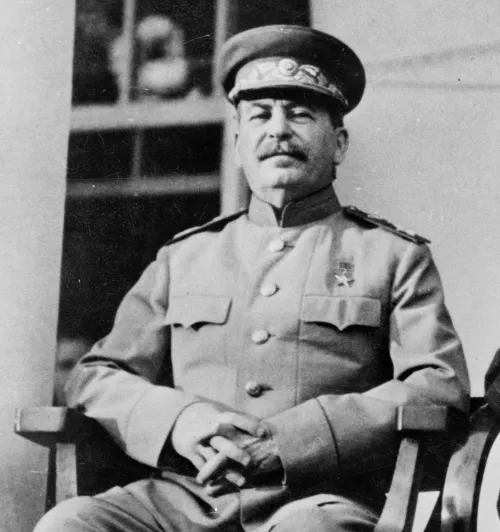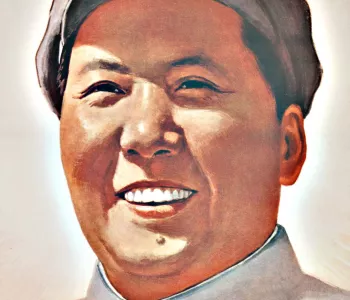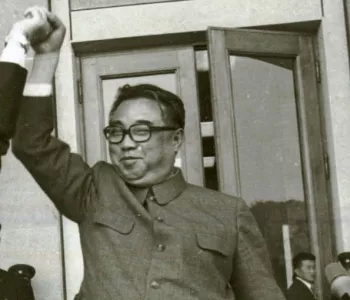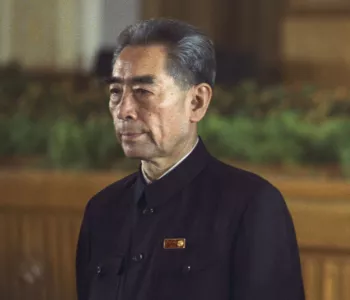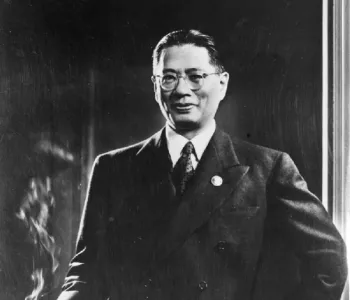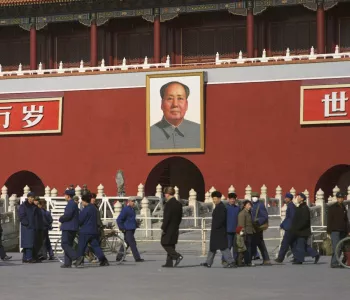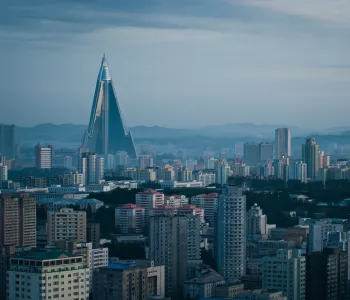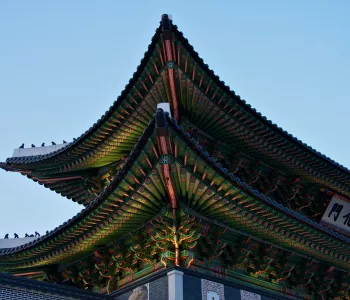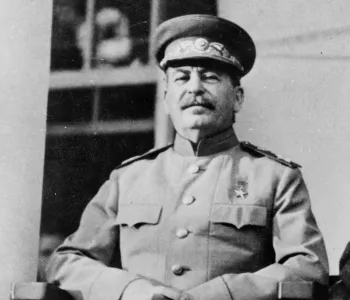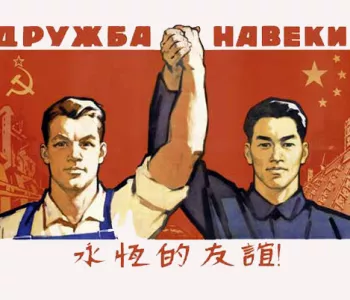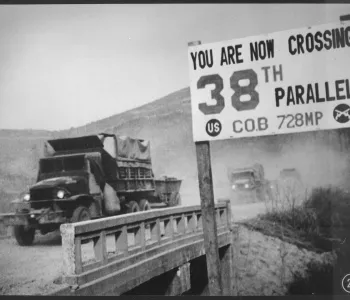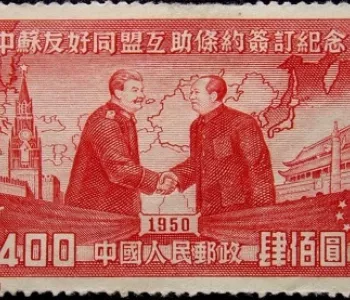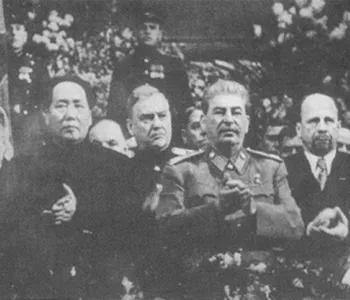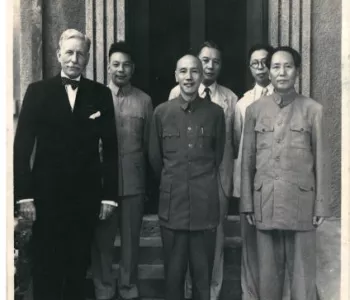Born Iosif Vissarionovich Dzhugashvili on December 21, 1879, he adopted the name Stalin, which means "Man of Steel," while still a young revolutionary.
Stalin first rose to power in 1922 as secretary general of the Communist Party. Using administrative skills and ruthless maneuvering, Stalin rid himself of all potential rivals in the party, first by having many of them condemned as "deviationists," and later by ordering them executed.
To ensure his position and to push forward "socialism in one country," he put the Soviet Union on a course of crash collectivization and industrialization. An estimated 25 million farmers were forced onto state farms. Collectivization alone killed as many as 14.5 million people, and Soviet agricultural output was reduced by 25 percent, according to some estimates.
In the 1930s, Stalin launched his Great Purge, ridding the Communist Party of all the people who had brought him to power. Soviet nuclear physicist and academician Andrei Sakharov estimated that more than 1.2 million party members -- more than half the party -- were arrested between 1936 and 1939, of which 600,000 died by torture, execution or perished in the Gulag.
Stalin also purged the military leadership, executing a large percentage of the officer corps and leaving the U.S.S.R. unprepared when World War II broke out. In an effort to avoid war with Germany, Stalin agreed to a non-aggression pact with German leader Adolf Hitler in August 1939.
When Hitler invaded the U.S.S.R. on June 22, 1941, Stalin was not seen or heard from for two weeks. After addressing the nation two weeks later, Stalin took command of his troops.
With the Soviet Union initially carrying the burden of the fighting, Stalin met with British Prime Minister Winston Churchill and U.S. President Franklin Delano Roosevelt at Tehran (1943) and Yalta (1945), and with Churchill and Roosevelt's successor, President Harry S. Truman, in Potsdam (1945), dividing the postwar world into "spheres of influence."
Though the U.S.S.R. only joined the war against Japan in August 1945, Stalin insisted on expanding Soviet influence into Asia, namely the Kurile Islands, the southern half of Sakhalin Island, and the northern section of Korea. More important, Stalin wanted to secure a territorial buffer zone that had ideologically friendly regimes along the U.S.S.R.'s western borders.
In the wake of the German defeat, the U.S.S.R. occupied most of the countries in Eastern Europe and eventually ensured the installation of Stalinist regimes. Stalin said later to Milovan Djilas, a leading Yugoslav communist, "Whoever occupies a territory also imposes his own social system." He believed that the Americans and British "imperialism" would clash and eventually socialism would triumph.
After initially approving the participation by Eastern European countries in the U.S.-sponsored Marshall Plan (1947), Stalin forbade it. Stalin also sought to gain influence in Germany, though his exact goals remain controversial. Denied access to the western German occupation zones, he agreed to the establishment of the German Democratic Republic (GDR) in October 1949.
Encouraged by Communist victory in the Chinese Civil War and the establishment of the People's Republic of China in October 1949, Stalin gave the green light to North Korean leader Kim Il Sung to attack South Korea in June 1950.
His confrontational foreign policy and his domestic terror regime (the "Stalinist system") had an impact on Soviet society and politics well beyond the dictator's death of natural causes at age 73 on March 5, 1953.
